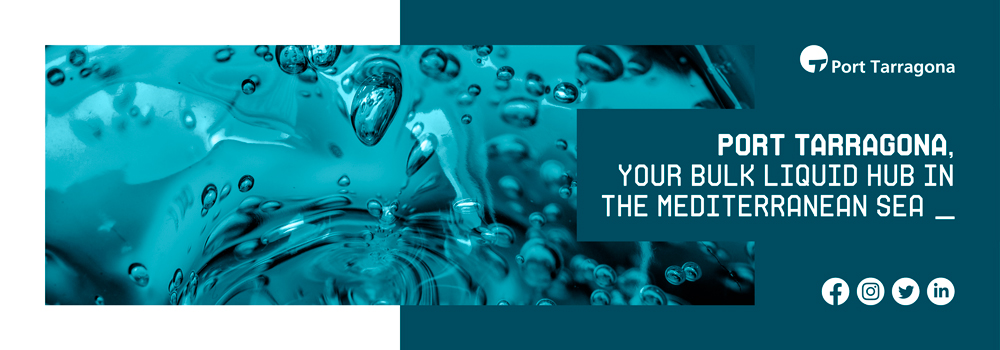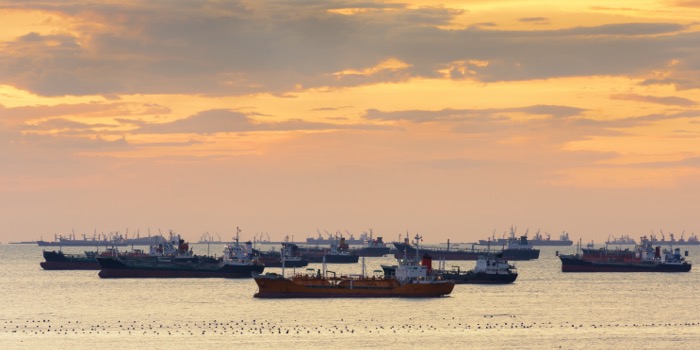IMO chief says shipping industry must upgrade climate targets
Shipping must raise its environmental targets, the International Maritime Organisation’s secretary-general said during the United Nations Climate Change Conference in an apparent nod to growing pressure from shipping companies and politicians.
The IMO is currently targeting a 50 percent cut in greenhouse gas emissions from the global fleet by 2050 compared with 2008 levels, following a 40 percent reduction in carbon intensity by 2030, but there is growing industry and political pressure to raise the 50 percent goal to 100 percent.
“We must upgrade our ambition, keeping up with the latest developments in the global community,” Kitack Lim said at the International Chamber of Shipping’s Shaping the Future of Shipping conference in Glasgow.
The governments of Denmark, the US and other countries backed a goal to reduce emissions from the global maritime sector to zero by 2050. There is a lack of consensus and some confusion in the industry about whether the industry should target net-zero or absolute zero. Some shipping companies are setting net-zero targets by 2050 and some sources believe the IMO will follow suit, to keep shipping in line with wider plans to keep global warming to within 1.5 C.
When member states committed to the IMO’s initial GHG strategy in 2018 they also committed to revising it in 2023, although there are mounting calls for this to happen sooner. Some future revisions have already been lodged and this could be discussed at the IMO’s Marine Environmental Protection Committee later in November, including a proposal on the part of Kiribati, the Marshall Islands and the Solomon Islands, to target zero emissions by 2050.
“Proposals have been put forward to set a maximum carbon content for marine fuels in combination with carbon pricing mechanisms, based on economic instruments, or market-based measures,” Kim said.
A proposal by the Marshall Islands and Solomon Islands to introduce a levy of $100/mt of CO2 equivalent on oil used as a bunkering fuel has not yet been adopted by the IMO, but the proposal’s supporters hope it may make progress at the IMO’s MEPC77 later in November.
One metric tonne of fuel oil means approximately 3.1 mt of CO2 equivalent is emitted, according to classification society DNV, meaning a $100/mtCO2e levy would add $300/mt onto bunker fuel bills when fuel oil is burnt.
A diplomatic source said the proposal’s authors envisage raising that levy every few years.
For more information visit www.imo.org
15th November 2021















